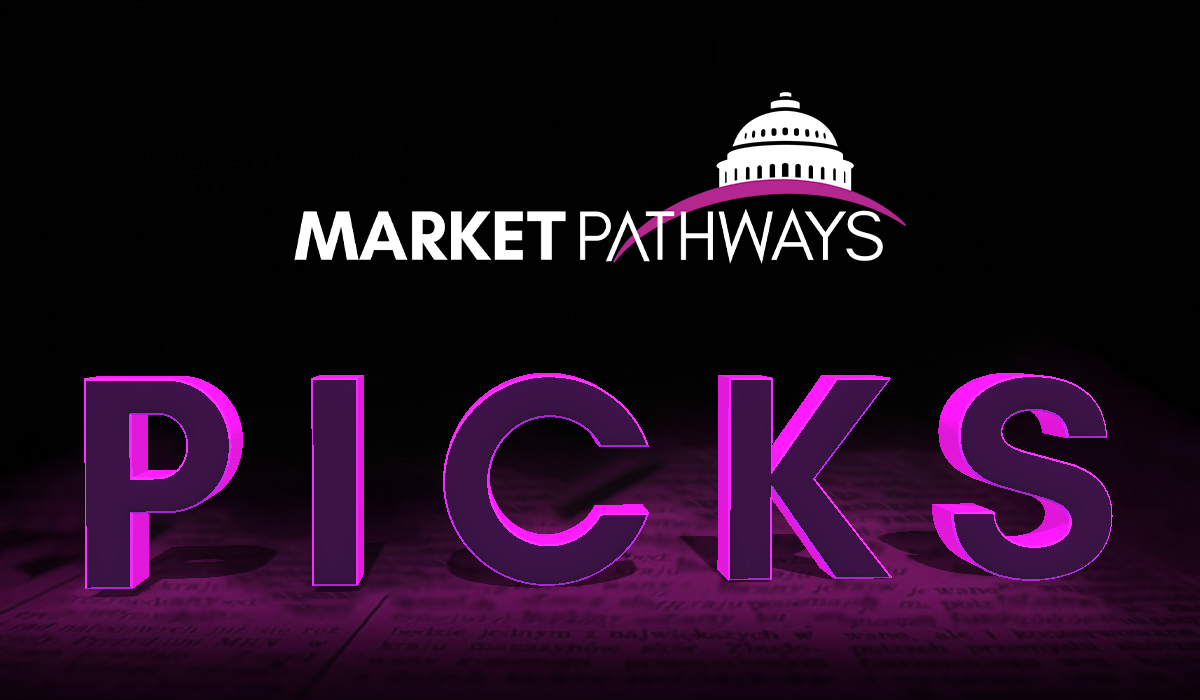ARTICLE SUMMARY:
Trump transition updates, including a resignation at FDA, an appointment at CMS, document edits, a deregulation order, RFK Jr. clears committee, and more; digital health guidelines from Canada and the UK; the first provisions of the EU AI Act take effect; and more updates from Europe, the UK, and India.
US Picks
Tracking the Trump transition:
Trump escalates deregulation goal. The president announced a new “10-to-1 deregulation initiative” January 31, directing federal agencies to identify at least 10 “existing rules, regulations, or guidance documents to be repealed” whenever they promulgate a new rule, regulation or guidance. It also requires that the total incremental cost of new regulations minus repealed regulations in FY 2025 is “significantly less than zero.” The effort is intended as an escalation of the 2-for-1 deregulation goal he advanced during his first term as president.
Tazbaz resigns. The director of FDA’s Digital Health Center of Excellence Troy Tazbaz left the agency February 1, exactly two years after he joined FDA. He announced his resignation on LinkedIn, noting he is “deeply grateful to the exceptional leadership at the FDA, CDRH, and various agencies ... Their willingness to take a chance on me, and their support in allowing me to approach the role with a bit of unconventionality, created an environment where we could push the boundaries with innovative thinking and action.” Tazbaz, who was previously an executive at cloud computing firm Oracle, helped in particular to advance FDA’s approach to AI-based medtech, including a recent draft guidance on lifecycle management for AI devices.
Software guide tweaked. FDA temporarily took down its 2022 guidance document on clinical decision support software over the past weekend and reposted it on Monday with the word “gender” excised from the document in two spots, but otherwise unchanged. There was no notification disclosing the edit and the date on the guidance remains listed as September 2022. The edit was likely the result of President Trump’s January 20 executive order directing agencies to remove all references to gender identity as a distinct feature from biological sex, and generally stop using the word gender, in government policies. The guidance describes the factors FDA considers for when CDS software is a regulated device, or when it is not a device, under provisions in the 21st Century Cures Act.
New acting CMS chief. Stephanie (Steph) Carlton is now listed as acting administrator of CMS on the agency’s website. Carlton was most recently a partner at McKinsey & Company, focusing on health system strategic growth and performance, and she was previously a Republican advisor for Medicare Advantage and Medicaid on the Senate Finance Committee. The Finance Committee will be tasked with confirming Trump’s nominee for CMS Administrator Mehmet Oz, but the committee has yet to hold a hearing on that nomination. Once a nominee is confirmed, Carlton is reportedly expected to fill the role of CMS chief of staff. Before Carlton was tapped, Jeff Wu, from CMS’ Center for Consumer Information and Insurance Oversight, was temporarily running the agency.
Kennedy clears committee. The Finance Committee is closer to scheduling a hearing for Oz now that the panel has voted through his prospective boss—Health and Human Services Secretary nominee Robert F. Kennedy Jr. RFK Jr. was approved by Finance on a 14-13 party line vote, clearing the way for his confirmation to face a vote by the full Senate. Kennedy’ confirmation is not assured, as he can only afford to lose support from up to three Republicans (presuming opposition from all Democrats), and several in the chamber have express concern about his anti-vaccine work.
Tariffs rollercoaster. The White House delayed plans to institute 25% tariffs on goods from Mexico and Canada for 30 days, but moved ahead with 10% tariffs on supplies from China on February 4. The device industry is pushing for a medtech exemption from tariffs, similar to carve-outs that Trump agreed to in tariffs on China during his first presidency, but it has been unsuccessful in making that case so far. “[T]ariffs impact American companies similarly to an excise tax, which would lead to less R&D/innovation, layoffs, higher prices for ... payors and patients, or all of the above,” Scott Whitaker, president and CEO of AdvaMed, said in a February 3 statement. China has announced counter measures to the tariffs scheduled to take effect February 10.

